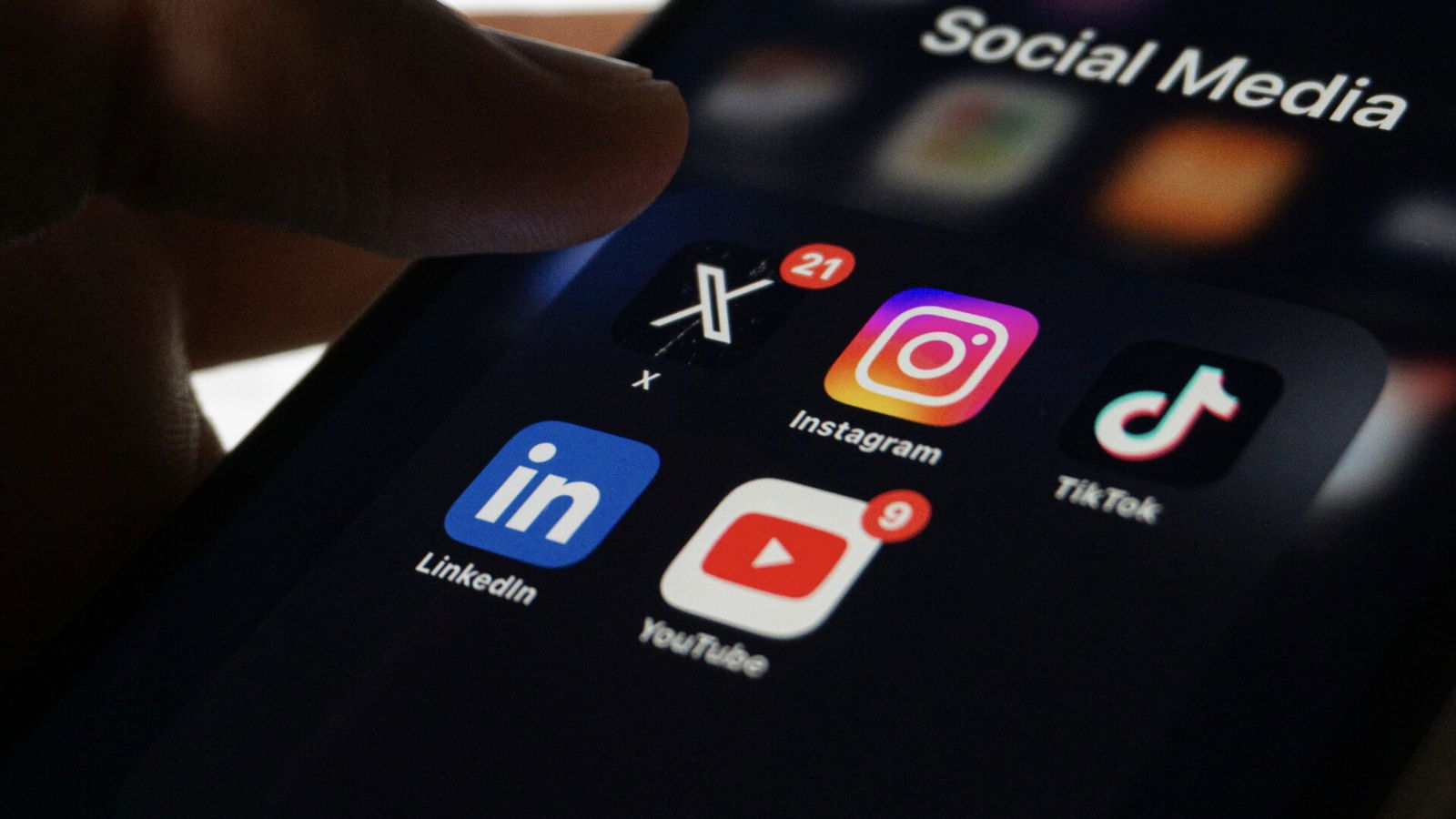
Will Social Media Get a Warning Label?
By Movieguide® Contributor
Senators John Fetterman (D-Pa.) and Katie Britt (R-Ala.) have introduced a new piece of legislation designed to warn parents about the harmful effects of social media.
“The Stop the Scroll Act [would] create a mental health warning label requirement for social media platforms,” a statement posted to Senator Fetterman’s website reads. “This bipartisan legislation would ensure all users, especially children and teens, are aware of the potential mental health risks associated with social media use and have access to mental health resources.”
While appearing together on Fox News, Senator Fetterman said, “It’s common sense. It’s what a parent would want. If you have a person that’s spending hours and hours every day with one of your kids, you would want to know [what] that person is about.”
“John and I are approaching this not just as senators, but as parents — and we believe that parents need all the information,” Senator Britt added. “When children are on social media, their rate of anxiety and depression increases. It really is the defining issue right now for our children, and it’s important that we do something — doing nothing is not an option.”
She continued, “This is a bipartisan issue. This isn’t Democrat or Republican — this is an American issue, and it’s one that we’ve got to get ahead of because it’s already ahead of us.”
The Stop the Scroll Act comes after Surgeon General Dr. Vivek Murthy’s frequent comments about the negative effects of social media and calls for the government to warn users about the platforms.
“The most common question parents ask me is, ‘is social media safe for my kids’. The answer is that we don’t have enough evidence to say it’s safe, and in fact, there is growing evidence that social media use is associated with harm to young people’s mental health,” Dr. Murthy said in a statement released by the U.S. Department of Health and Human Services. “Children are exposed to harmful content on social media, ranging from violent and sexual content, to bullying and harassment. And for too many children, social media use is compromising their sleep and valuable in-person time with family and friends. We are in the middle of a national youth mental health crisis, and I am concerned that social media is an important driver of that crisis – one that we must urgently address.”
Movieguide® previously reported on the moves lawmakers are making to protect kids from social media:
Last week the United States Surgeon General called for a warning label to be applied to social media advising users about the effect the technology has on young users, a move that could help save our kids from its addictive power.
“I’m looking at what’s taking place online, on social media in particular and I’m worried about all of our kids,” U.S. Surgeon General Dr. Vivek Murthy told Fox News. “The warning label I’m calling for is one part of a larger set of strategies that we need to put in place to, not only warn parents about these harms but ultimately make social media safer for kids.”
A day after Dr. Murthy’s announcement, California Governor Gavin Newsom revealed he plans to introduce legislation to ban children’s use of smartphones during the school day.
“As the surgeon general affirmed, social media is harming the mental health of our youth,” Newsom told POLITICO. “Building on legislation I signed in 2019, I look forward to working with the Legislature to restrict the use of smartphones during the school day. When children and teens are in school, they should be focused on their studies — not their screens.”
Legislature to this effect has been supported by both political parties, as Florida Governor Ron DeSantis endorsed similar legislation last year. While big tech has long had free reign due to the size of the industry’s wallet, Congress’s intention to finally hold these companies accountable for their actions has perhaps best been shown through the TikTok ban, which found near-unanimous support earlier this year.
Questions or comments? Please write to us here.


 - Content:
- Content: 
